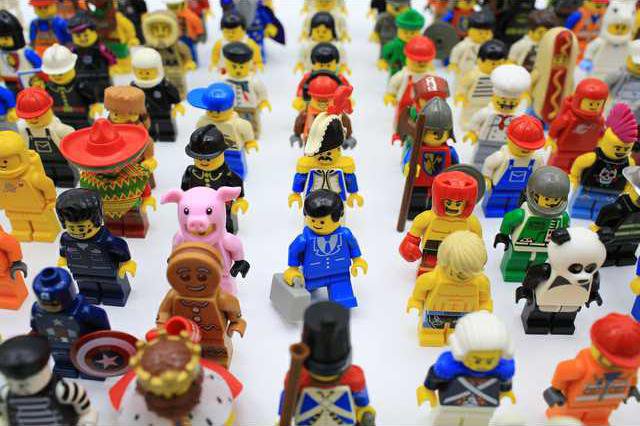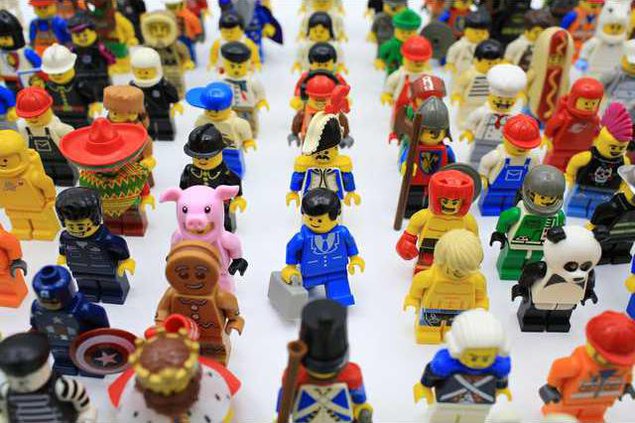BILLUND, Denmark Two beloved worlds are about to collide, and its the stuff dreams are made of.
LEGO officially announced the launch of its new Disney Minifigure collection Tuesday. The line coming to shelves in May will include some of Disneys most beloved characters, including Mickey Mouse, Donald Duck, Peter Pan, Genie and Ariel just to name a few.
Those who have a soft spot for Disneys iconic villains will be thrilled about the inclusion of Jafar, Maleficent, Ursula and Captain Hook, Gizmodo reports. Pixars Mr. Incredible and his nemesis, Syndrome, will be making their first LEGO appearances as well.
All 18 characters will retail for $3.99. As with the other LEGO Minifigure collections, the Disney figures will come in blind packaging so the shopper is surprised by which one is inside, Fortune reports.
The Danish toymaker, which has been in business with Disney for 16 years, has seen a surge in profits over the past two years, thanks in part to the hugely popular LEGO Movie. The company estimates more than 100 million children received LEGO products in 2015, according to Fortune.
Fans set out to snag the entire Disney collection starting May 1.
LEGO officially announced the launch of its new Disney Minifigure collection Tuesday. The line coming to shelves in May will include some of Disneys most beloved characters, including Mickey Mouse, Donald Duck, Peter Pan, Genie and Ariel just to name a few.
Those who have a soft spot for Disneys iconic villains will be thrilled about the inclusion of Jafar, Maleficent, Ursula and Captain Hook, Gizmodo reports. Pixars Mr. Incredible and his nemesis, Syndrome, will be making their first LEGO appearances as well.
All 18 characters will retail for $3.99. As with the other LEGO Minifigure collections, the Disney figures will come in blind packaging so the shopper is surprised by which one is inside, Fortune reports.
The Danish toymaker, which has been in business with Disney for 16 years, has seen a surge in profits over the past two years, thanks in part to the hugely popular LEGO Movie. The company estimates more than 100 million children received LEGO products in 2015, according to Fortune.
Fans set out to snag the entire Disney collection starting May 1.








